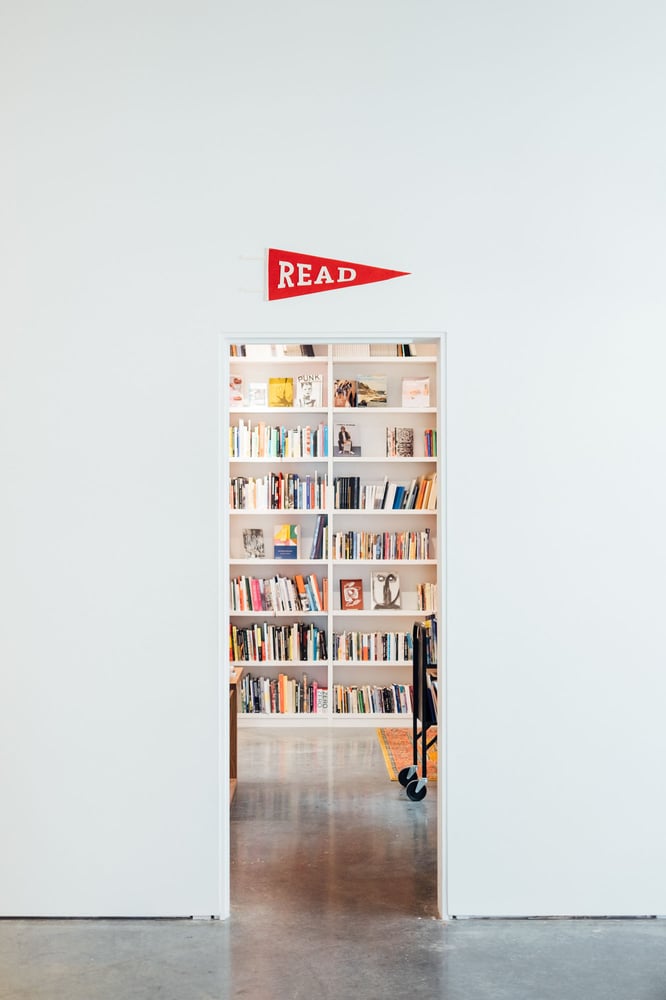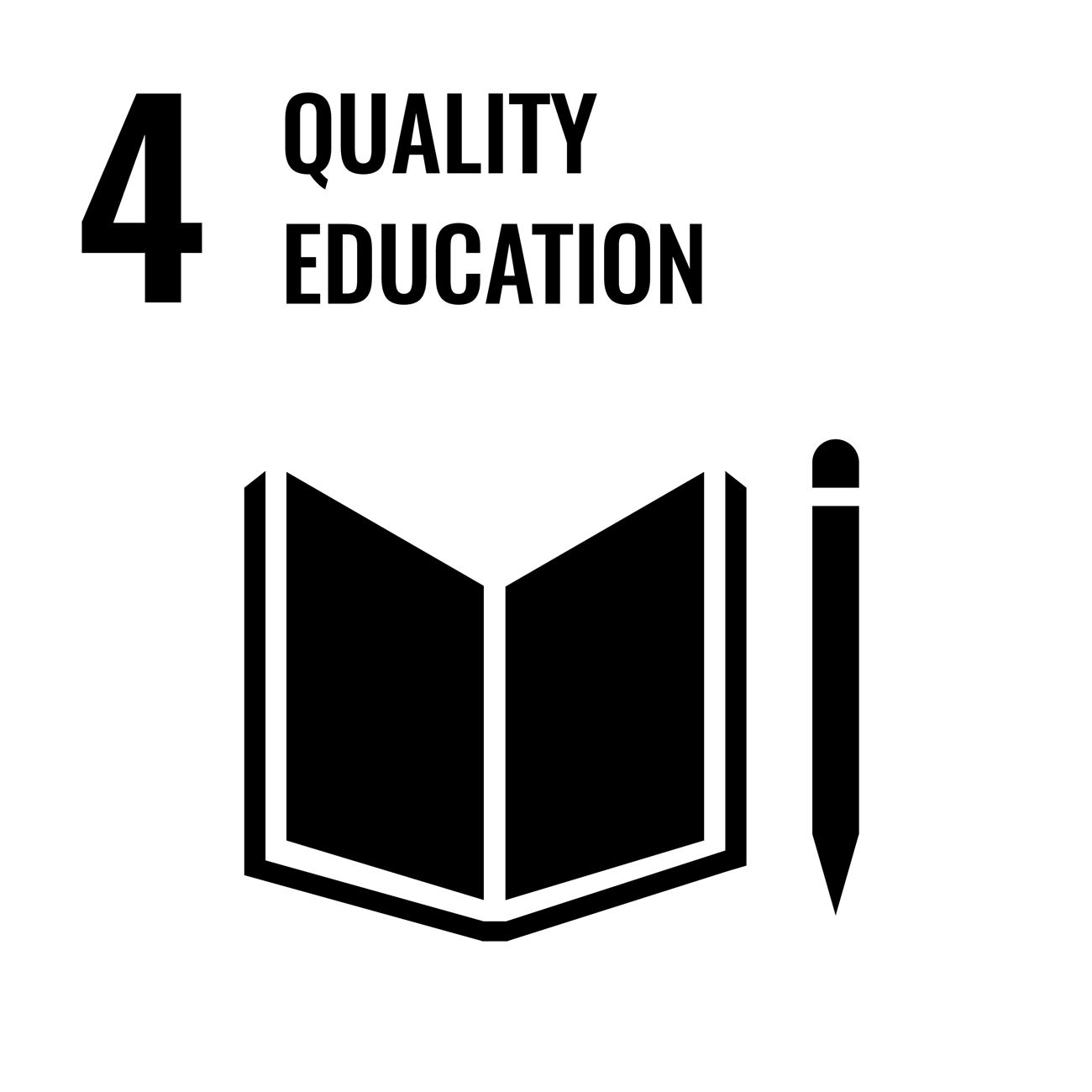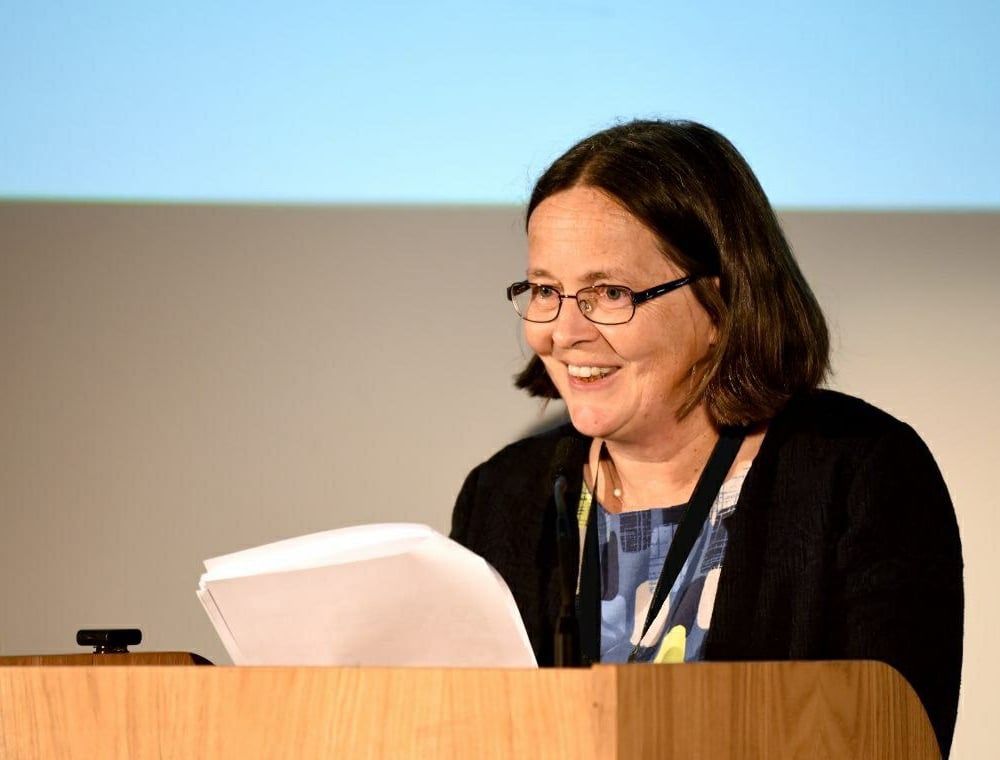This UNESCO Chair aims to develop understanding about how adult learning can help address inequalities in the poorest communities of the world. Through investigating how or why adult literacy might facilitate or respond to processes of social transformation, including women’s empowerment, the Chair sets out to strengthen the interaction between researchers, policy makers and programme participants. The distinctive feature of this UNESCO Chair is sharing experiences and insights across South-North and South-South.
The UEA UNESCO Chair is an international partnership with university departments specialising in adult literacy and community learning in Ethiopia (Bahir Dar University), Malawi (University of Malawi), Nepal (Kathmandu University and Tribhuvan University Center for Educational Innovation and Development) and the Philippines (University of Santo Tomas). We share a commitment to developing innovative and ‘bottom-up’ approaches to adult literacy research, capacity strengthening and policy initiatives.
ABOUT THE CHAIR’S RESEARCH
Whether in Norwich or Bahir Dar, Anna and her team carry out research projects that have responded to local agendas for change. As Anna further explains, “we take a participatory approach to developing research, engaging practitioners and policy makers in debate and action around adult literacy and intercultural learning.
The Chair has also taken forward theoretical understanding in the areas of literacy, gender and indigenous learning.
Holding regular Literacy Day conferences to help to bridge the gap between policy, research and practice, Amma and her team work to highlight ways in which universities can support adult literacy and learning. UNESCO Chair Literacy Days were held in Egypt (2017), Nepal (2018), Ethiopia (2019) and the Philippines (2019). As well as facilitating research collaboration, these events have led to new networks, such as establishment of the Ethiopian Association of Adult Education and TRANSFORMARE in the Philippines.












